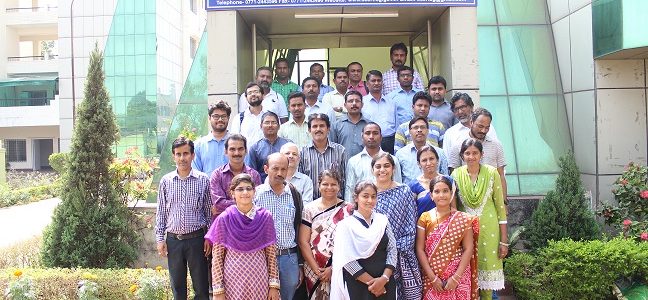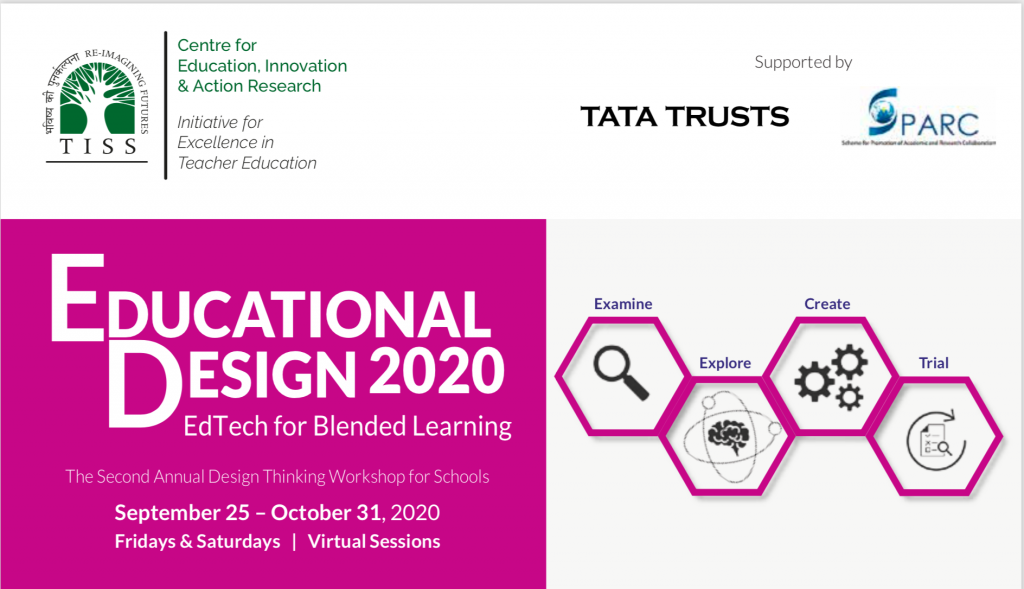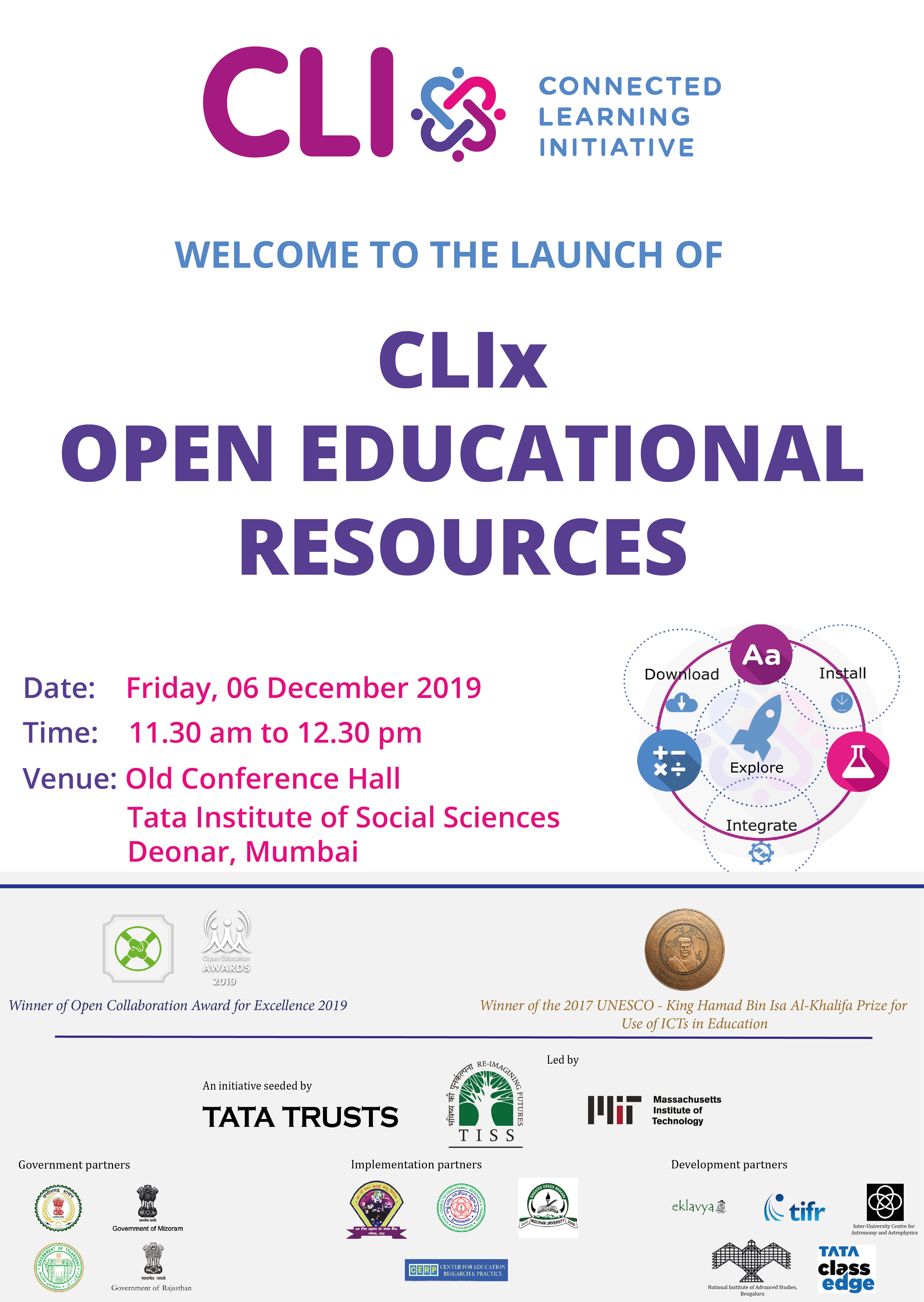Vibrant workshops for maths teachers
October has been a whirlwind of travel around the country. The CLIx team had designed a 11-week blended course, Teaching Geometry, to enable teachers to understand the design and implement the student module, Geometric Reasoning, as intended by the CLIx curriculum designers. With much excitement, the online part of the course was kicked-off in the last week of September. Four videos had been conceptualised by the mathematics team and Shiva and Karuna’s amazing efforts made them a reality.
The start was disappointing. Unfortunately, most of the teachers did not connect online and view these videos. However, I am not one to give up so easily. The third week of the course has been designed as a face-to-face workshop for teachers to experience the student module hands-on and understand the intended facilitation process for students. The workshop dates were frozen. They were scheduled for 5-8 October in Mizoram, 13-15 October in Rajasthan and 26-28 October in Chhattisgarh. There was a bit of panic in the team before all the hard work of planning, designing and creating the module went out of our minds and into the field!
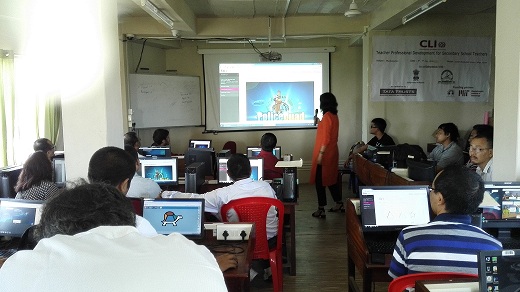
Suchi led the way by creating a vibrant space where teachers actively engaged in discussions that included hierarchical class relationships among quadrilaterals and understanding the need for proofs.
In Rajasthan, the team led by Arindam, continued the discussions on topics such as where definitions in maths textbooks come from. This made the workshop a safe space for teachers to make mistakes and learn. Many teachers, especially the women came up to the whiteboard and created their own representations (Venn Diagrams) of the hierarchical class relationships. They actively discussed and justified their thinking, boldly admitted their errors, and corrected them too. Saurabh and Sayali, with great patience, ensured that teachers become confident users of the digital tools.
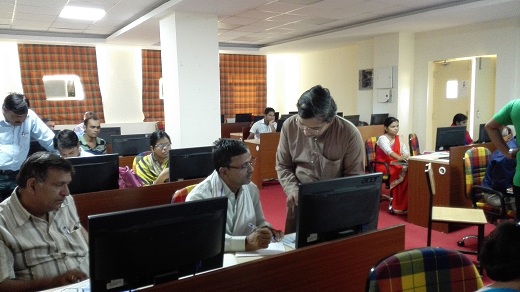
In Chhattisgarh, Ajay, Ruchi, Arunachal and my team continued the efforts to create an interactive and safe space for teachers to learn. None of this would have been possible without the amazing background work done by the field teams in all the three states. This was also my first experience of conducting a mathematics workshop for teachers in Hindi. Not bad for a hardcore south Indian, eh?
We had all hoped that the vibrant atmosphere in the face-to-face workshops would spill over online as well. However, this has not yet happened. The process of adapting digital technologies is a complex one for teachers, but we must persist.
[Bindu Thirumalai, Assistant Professor, Teacher Professional Development team]


